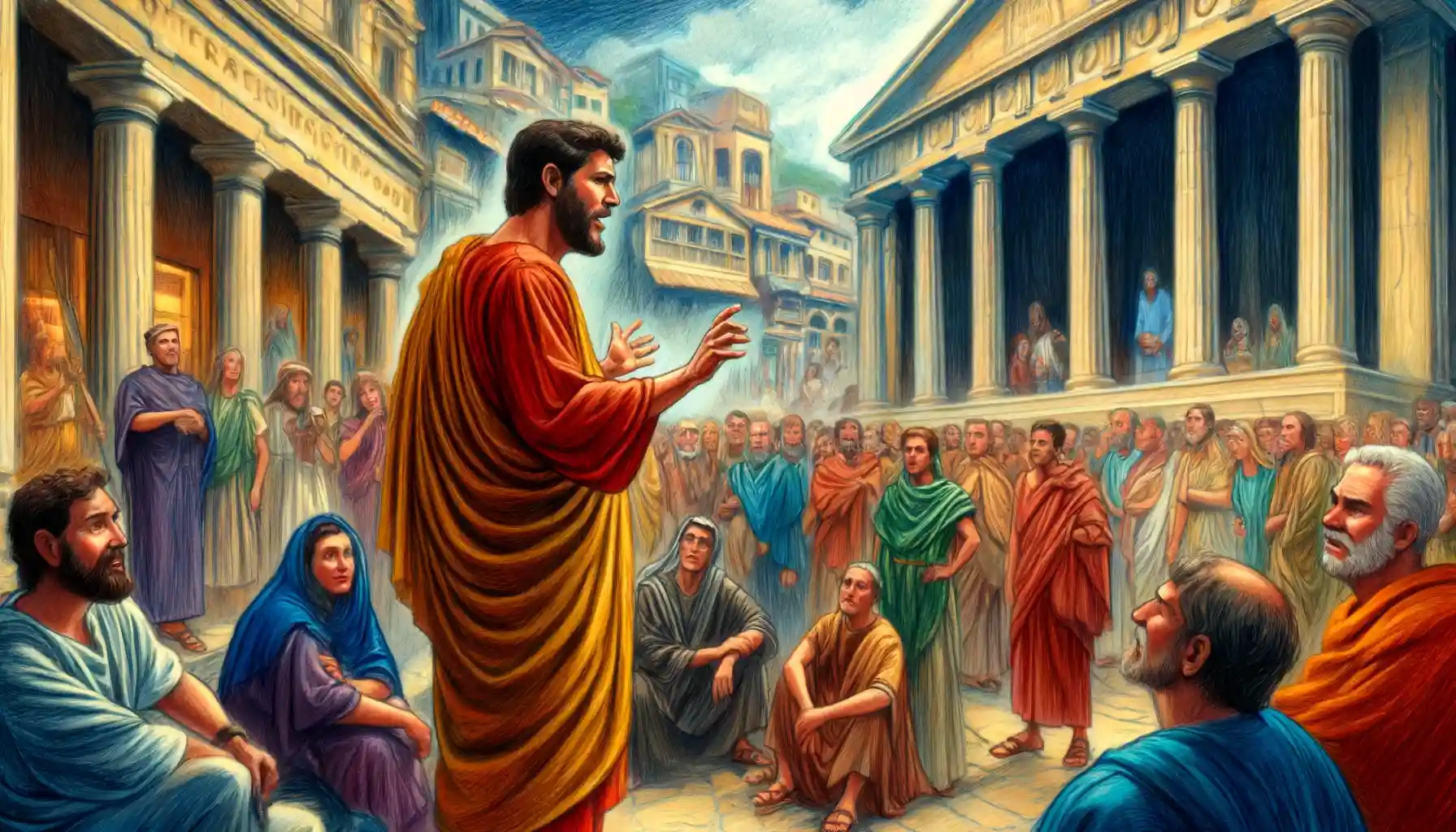The Gifts of the Spirit are divine empowerments given by the Holy Spirit to believers in Christ to build up the Church and spread the gospel. These gifts vary in nature and purpose, ranging from practical service to supernatural acts like healing and prophecy. However, they are all given by the same Spirit and must be exercised in love to bring unity and glorify God.
The Epistle to the Ephesians, written by the Apostle Paul, provides profound insights into the spiritual blessings and unity of the early Christian church, emphasizing the importance of ethical living and the role of the church in God’s redemptive plan.
The Book of 1 Peter offers enduring encouragement and exhortation to persecuted believers, emphasizing their identity in Christ and calling them to live holy lives, rooted in hope and grounded in the grace of God.
The Book of 1 Thessalonians provides early Christians with practical guidance for holy living, reassurance concerning Christ’s return, and encouragement to persevere in faith amidst persecution.
The Book of Ephesians is rich in doctrinal insights and practical advice, emphasizing the exalted nature of the Church and the conduct expected of its members.
The Book of 2 Corinthians provides a complex blend of personal reflection, doctrinal teaching, and practical advice, highlighting the enduring challenges and profound rewards of Christian ministry.
The Book of 1 Corinthians remains a vital text for understanding early Christian life and the practical and theological challenges faced by emerging Christian communities.
The Book of Romans is foundational for understanding Christian doctrine, particularly Pauline theology, and remains a cornerstone for theological reflection and discourse within Christianity.








